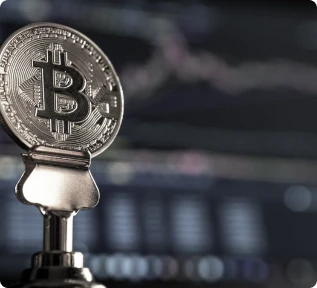Forex trading, also known as foreign currency trading or FX trading, involves the exchange of one currency for another for various purposes, such as business, trade, or travel. The forex market is where these currency exchanges occur.
The forex market, with a colossal daily trading volume of $6.6 trillion, stands as the largest and most liquid financial market globally. In this market, currencies are traded in pairs, where one currency is exchanged for another. For instance, the EUR/USD currency pair allows traders to exchange the Euro for the US dollar.
Currencies are pivotal in international trade, enabling the purchase and sale of goods and services across borders and facilitating foreign business transactions. When traveling abroad, individuals often engage in forex exchanges to convert their home currency into the local currency for expenses.
Businesses engaged in international trade face similar scenarios. For example, a company manufacturing a product in the EU that costs €100 but is sold in the USA for $150 must consider the EUR/USD exchange rate. If the exchange rate is 1.0000 (€1 equals $1), the company makes a €50 profit per sale. However, if the US dollar weakens, and the exchange rate becomes 1.2000 (€1 equals $1.20), the profit reduces to ($150/1.2000) €125, highlighting the impact of exchange rate fluctuations on profits.
To mitigate currency-related risks, companies often use hedging strategies in the futures market. Traders and investors, on the other hand, engage in forex trading for various reasons, including earning interest through swap trading or profiting from currency price fluctuations.
While institutional firms and high-net-worth individuals historically dominated the forex market, the advent of electronic trading has made it accessible to retail traders. Forex trading occurs in the spot market, where currencies are traded directly between counterparties without a centralized exchange. These transactions are primarily conducted electronically.
The forex market operates around the clock, five days a week, starting in New Zealand on Sunday and concluding in the US on Friday afternoon. Trading volumes often surge during overlapping market hours, providing traders with daily opportunities to speculate on currency pair price movements through regulated brokers and trading platforms.
